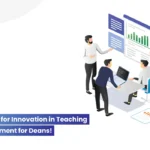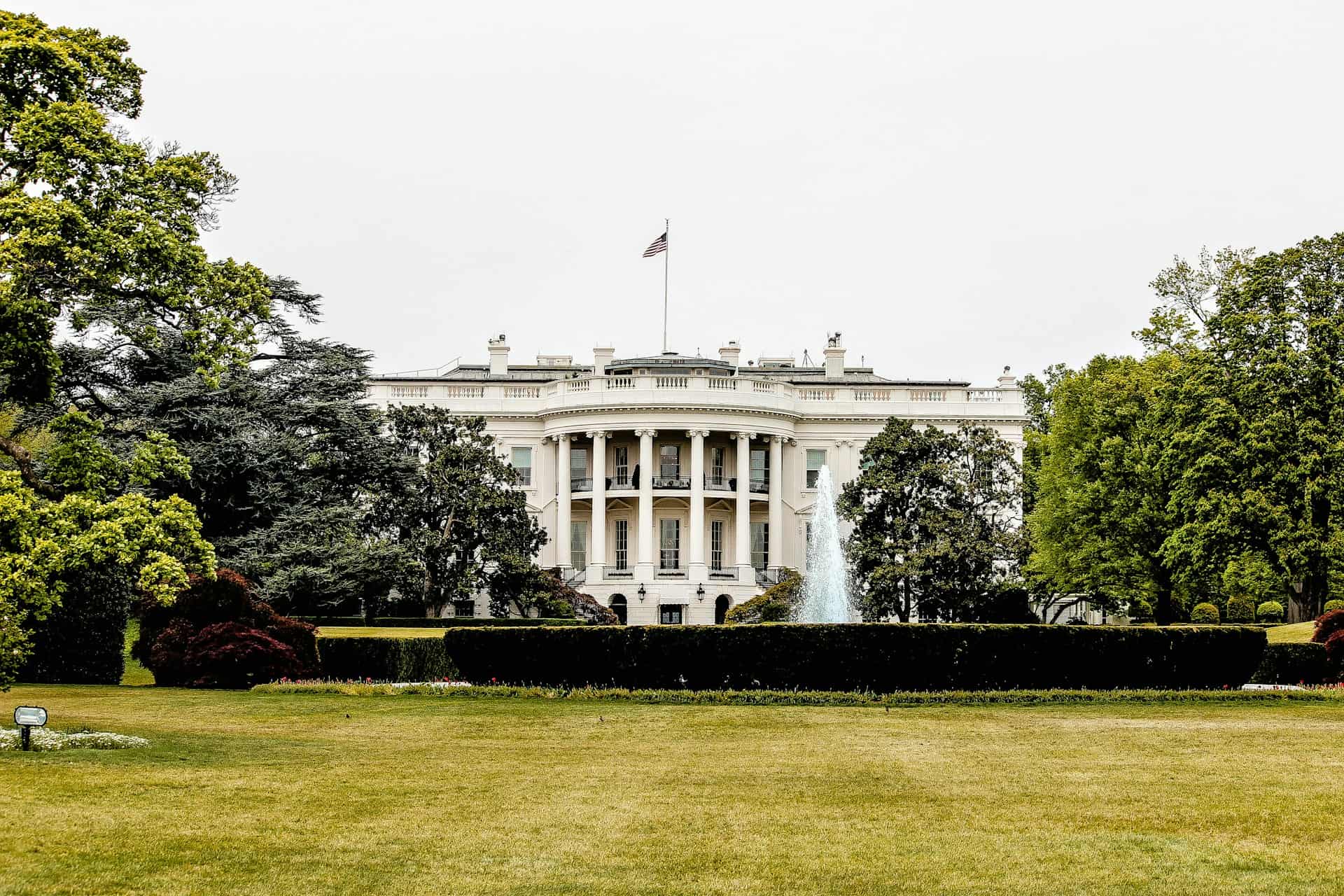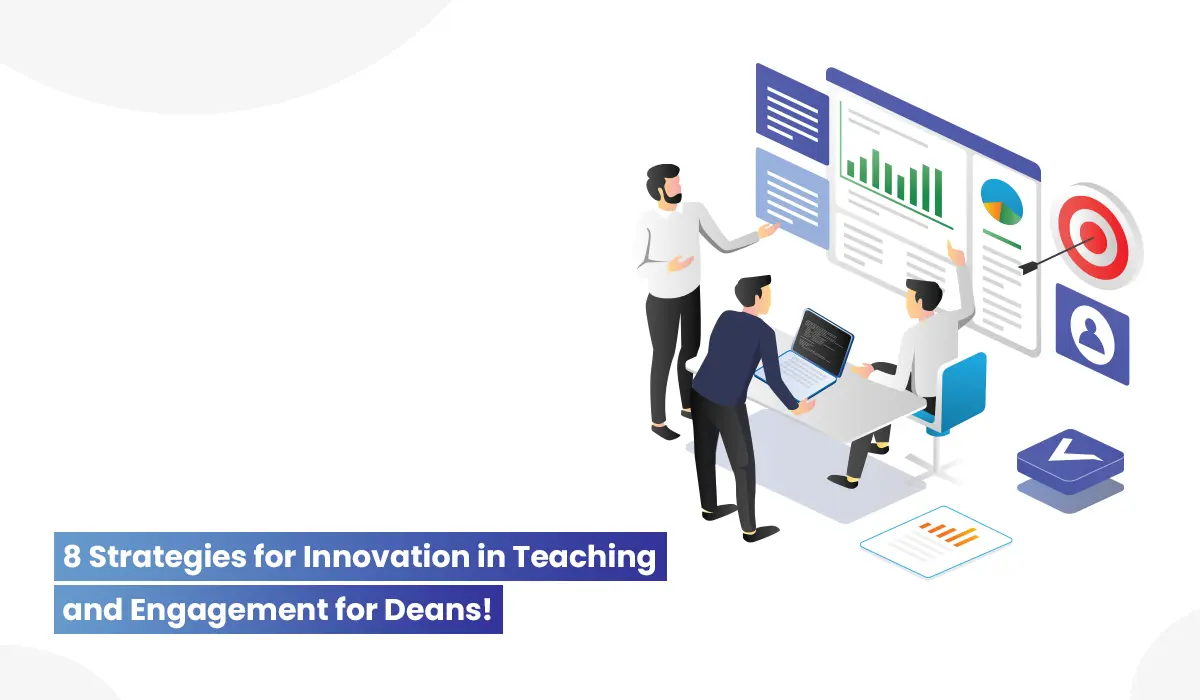Change is a constant across industries, but higher education faces unique challenges in adapting to new work expectations. Leaders in this sector must navigate a complex web of intricate governance structures, political dynamics, budgetary restrictions and external ranking pressures—all of which are often in conflict. In addition, higher education’s workplace culture is deeply rooted in tradition and shaped by a variety of influential stakeholders, making the process of implementing change significantly different from the corporate world.
Today, higher education organizations must drive change to meet the growing and evolving needs of faculty, staff, students and the broader community while maintaining financial stability and competitiveness. Balancing these priorities is critical for continued success.

Organizational change management in higher education
Given the increasing challenges faced in higher education, there is a growing need for leaders to foster greater agility and readiness for change; however, the complexities inherent within higher education can often make stakeholders more comfortable with the familiarity of common practices versus something new. To overcome these challenges and drive long-term adoption of new behaviors and expectations, change leaders must build strong, lasting relationships across diverse internal and external communities. By fostering engagement and connection beyond individual change initiatives, a culture more receptive to future change can be cultivated.
Enablers of change
Having existing change communities is an overarching enabler of successful change adoption. However, in their absence, event-driven organizational change management (OCM) activities can help build those foundations. ScottMadden characterizes OCM through four change enablers, that when applied together, drive sustainable transformation and contribute to long-term change readiness:

Tailored strategies for higher education
A tailored approach with more nuanced strategies must be adapted for higher education to address the distinct needs, challenges and stakeholder groups. The enablers described above highlight the importance of understanding the various audiences and finding ways to directly connect with them and address their specific concerns.
Governance: Addressing consensus-based decision-making
Unlike the top-down governance models seen in many industries, higher education often relies on consensus-based decision-making within siloed structures. Successful governance strategies should:
- Leverage existing committees and advisory councils, while forming new groups as needed to build relationships with influential stakeholders
- Ensure academic units are represented with active participants who can contribute to the change process rather than passively participate
- Maintain ongoing relationships with key groups and influencers after major projects are implemented to monitor effectiveness and strengthen connections for future initiatives
Stakeholder engagement: Reaching distributed colleges and stakeholders
Traditional stakeholder engagement tactics like mass emails, website updates and town halls often fall short due to their one-way nature. Change practitioners should focus on direct engagement and two-way conversations to effectively engage distributed and influential stakeholders. Specific strategies might include:
- Conduct roadshows to engage each college directly
- Collaborate with senior college leadership (e.g., deans) to gain insights and tailor messaging to their specific audiences
- Involve influential student leaders, when appropriate, to secure buy-in for changes that impact the student body
Change implementation: Choosing pilot programs over “Big Bang”
While event-driven change management often leans toward “big bang” rollouts, this approach can lead to resistance and a perception that the change is being imposed. To mitigate these risks, change practitioners should:
- Implement pilot programs to establish a proof of concept and test resistance on a smaller scale
- Utilize pilots to generate momentum and build buy-in with influential stakeholders before broader implementation as well as to establish a network of change agents to champion the effort
- Engage faculty early in the process, highlighting how the changes will support their core motivations of education and research
Infrastructure: Overcoming resistance and limited resources
Organizational structures, technology limitations and deeply ingrained cultures can create barriers to change in higher education. Stakeholders are often more resistant, requiring additional time and energy to prepare for change. Change practitioners should:
- Engage key stakeholders, like faculty, in consistent, meaningful ways to foster ownership and drive improvements with limited resources
- Coordinate with the central administration or university system, if relevant, to clarify roles, identify feasible changes and drive successful change adoption, especially in areas like technology
- Leverage lessons learned from past initiatives to create a change management playbook for future use by practitioners across the institution
Conclusion
Successfully managing change in higher education requires a nuanced approach and understanding, and accommodating the distinct aspects of academia from the outset can create a more receptive environment for change. The strategies outlined—ranging from inclusive governance and personalized stakeholder outreach to gradual implementation with influential champions to creative engagement with key stakeholders—ensure that change initiatives not only succeed but also become embedded in the organizational culture.
ScottMadden specializes in providing tailored change management solutions to higher education organizations, helping them navigate their specific needs and challenges. With ScottMadden’s expertise, higher education organizations can implement sustainable, long-lasting transformation that positively impacts their academic community.
#resistance #resilience #Mastering #change #management #higher #education










